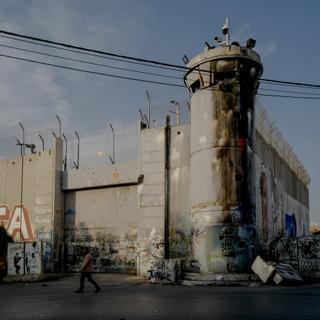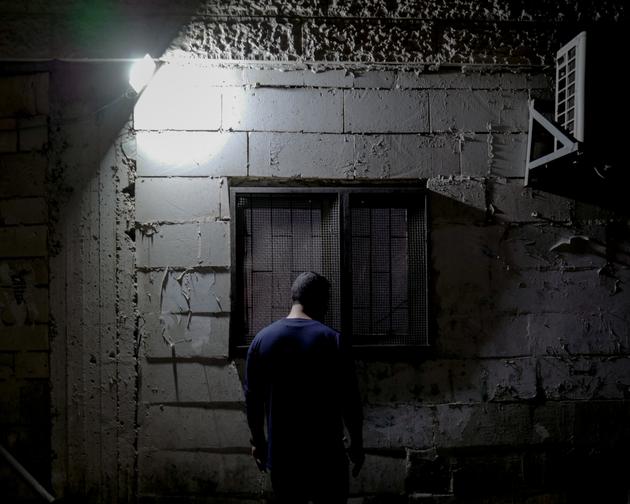


Why Palestinian prisoners are central to the cease-fire deal
NewsThe agreement approved by Israel on Wednesday morning plans for the release of 150 Palestinian prisoners in exchange for the release of 50 women and children held hostage by Hamas. A total of 6,700 Palestinians are believed to be imprisoned by Israel, and some prisoners have died since the attack on October 7.
"Now that there are Israeli hostages, you come and see me!" said Qadura Fares, the Palestinian Authority minister at the head of the Commission for Prisoners’ and Ex-Prisoners’ Affairs, as he greeted guests in his vast office overlooking Ramallah. In Palestine, the issue of the 240 or so Israeli and foreign hostages – civilians including children and elderly persons, as well as soldiers and policemen – detained by Hamas in Gaza since October 7 is inseparable from that of the Palestinians locked up in Israeli jails, whose number has surged to 6,700 according to the Israeli NGO HaMoked.
Hamas has made the release of these prisoners, considered in the occupied territories as "hostages," arbitrarily held by the occupying power, one of the objectives of its attack on Israeli territory, which left 1,200 dead. "What we have in our hands will free all our prisoners," rejoiced Saleh Al-Arouri, a senior Hamas official, on October 7, convinced that he holds a card likely to put the Islamist movement back at the center of the Palestinian political game.
"Israel will not be able to free its prisoners [in Gaza] by force, with a military operation," said Fares. "There is only one way out: negotiations." In exchange for its hostages, Hamas has demanded the release of all Palestinian prisoners, including the 550 sentenced to life imprisonment, in one fell swoop or in phases. The maximalist demand was rejected by Israel. Benjamin Netanyahu's government has approved on Wednesday, November 22, an agreement in which Hamas would release 50 women and children hostages in exchange for the release of around 150 Palestinians behind Israeli bars and a four-day ceasefire.
"We're in a very transactional dimension between the Israeli authorities and Palestinian political groups," said Stéphanie Latte Abdallah, director of research at the French National Centre for Scientific Research. "Palestinian prisoners are sentenced to very long terms, with no individualized management and virtually no possibility of remission. The only way out is through exchanges."

For more than two years, in response to a slow-burning armed uprising in the West Bank, Israel has been multiplying arrests. The pace of arrests accelerated further after the attack on October 7. The total of 6,700 prisoners calculated by HaMoked, the highest in 13 years, includes 2,300 convicted prisoners, 2,300 awaiting trial and 2,000 in administrative detention, the highest figure in the last 25 years.
Administrative detention allows Israel to incarcerate Palestinians without any charges being brought against them, as the indictment file remains secret. Their detention is renewable every three to six months, indefinitely.
You have 60% of this article left to read. The rest is for subscribers only.
